Black Summer survivors’ ‘deathtrap’ fears
Isolated communities devastated by the Black Summer bushfires fear they are living in deathtraps as NSW authorities fail to clear trees from roads that provide the only means of escape.
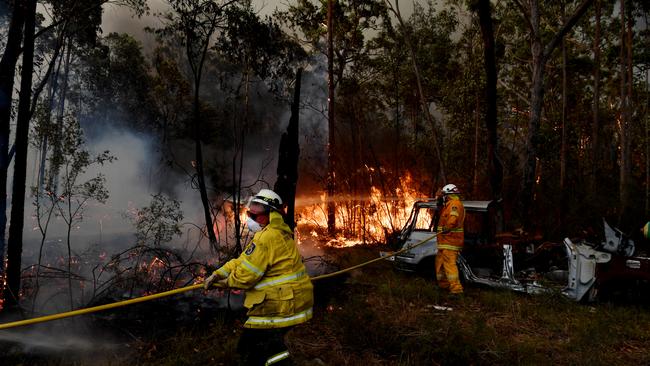
Isolated communities devastated by the Black Summer bushfires fear they are living in deathtraps as state authorities fail to clear trees from roads that provide the only means of escape in an emergency.
Residents of towns along the NSW south coast found themselves trapped or isolated during the 2019-20 bushfires as drought-stricken vegetation that had overgrown provided rich fuel for forests that cut off the only major exit roads.
These same fires often also destroyed communications infrastructure and broke down the supply lines needed to provide aid during fire season.
Many fear the coming fire season will see those same problems repeat themselves.
Sheridan Zuev, who runs a cattle farm near Cobargo, one of the towns most endangered by the Black Summer blazes, said her experience had been “very traumatic” and recent fires in the region had brought back bad memories. “We’re fairly strong people because we’re farming people, but it was like something I’ve never experienced in my life,” she said. “I thought we were going to die.”
Ms Zuev’s property was bordered in the 2019-20 season by three firefronts at Badja Forest, Batemans Bay and through the south of Wadbilliga National Park. “Our property backs on to the national park,” she said. “That’s our boundary, and the fire trail access is up through the back of our place.
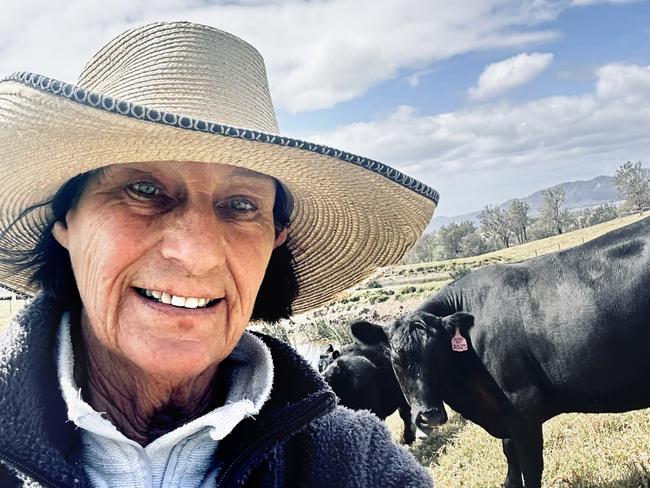
“We had no fire assistance. I don’t think that fire was fightable, but we stayed to fight it.”
Ms Zuev has urged the NSW Rural Fire Service to clear vegetation along the main road in case it leaves fellow residents cut off from assistance.
“After fighting the (Black Summer) fires here for about four hours, I was just lucky I got out, because the whole side of the roads were wide with vegetation,” Ms Zuev said. “The vegetation’s come back, there’s regrowth along all our roads.”
Volunteer firefighters in the area have been spread thin, leaving much of the work for the upcoming fire season incomplete.
“The National Parks people came to the door in February, and said that they were going to be in touch and do something about the fire trail,” Ms Zuev said.
“We’ve never seen them again … there’s no fire trails cleared. It’s a holocaust up there, there’s no way you could even walk through it.”
Former state Liberal transport minister Andrew Constance criticised the federal and state response to the Black Summer bushfires, and pushed to clear buffers of foliage 40m back from major roads in February 2021.
Public servants in the Roads Department said this was not legal, which prompted Mr Constance to call for an overhaul of the fire protection policies in NSW.
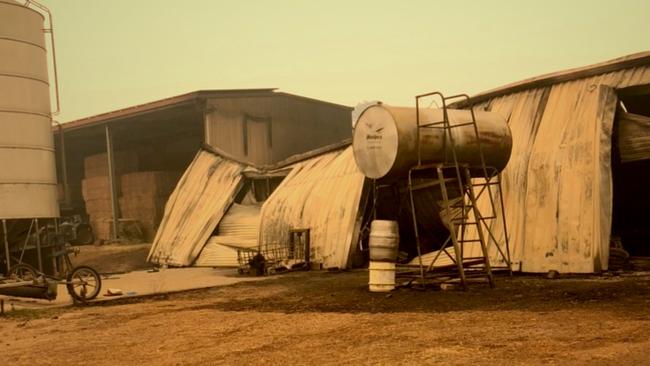
He told The Australian that the Minns government needed to focus on better fire trails and more clearance around roadways, and bring in vegetation buffer zones along the roadside. “The state is not ready for a bad fire season,” Mr Constance said. “The level of preparedness on the ground … that’s what scares me. The community is not being listened to.”
In preparation for fire season, Transport for NSW has removed 6000 trees from key regions in southern NSW.
Mr Constance, frontrunner in the race to succeed retiring senator Marise Payne, said this did not go far enough as he urged the Minns government to consider a fire buffer policy similar to that of the Victorian government, where clearances are made around major roads.
He also warned of the overgrowth of black wattle across the state’s south, with thick pockets regenerating after prior bushfires.
Black wattle can be tough for residents to clear because of laws against clearing native vegetation.
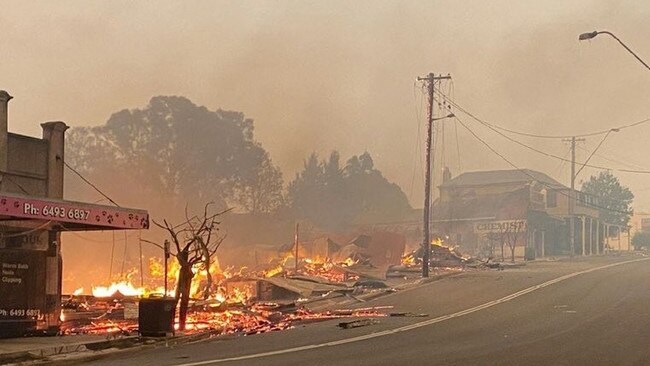
Transport for NSW said it was working with emergency response departments to plan and prepare for the upcoming bushfire season.
It has removed 24,000 trees overall across the state, and trimmed an additional 50,000
Mr Constance said the Ministry of Transport was holding on to a shortsighted policy being enforced by its public servants.
“I don’t blame the politicians, I think the bureaucrats have run amok, the Department of Transport should hang their heads in shame,” he said. “Can people not remember what happened in the Black Summer?”

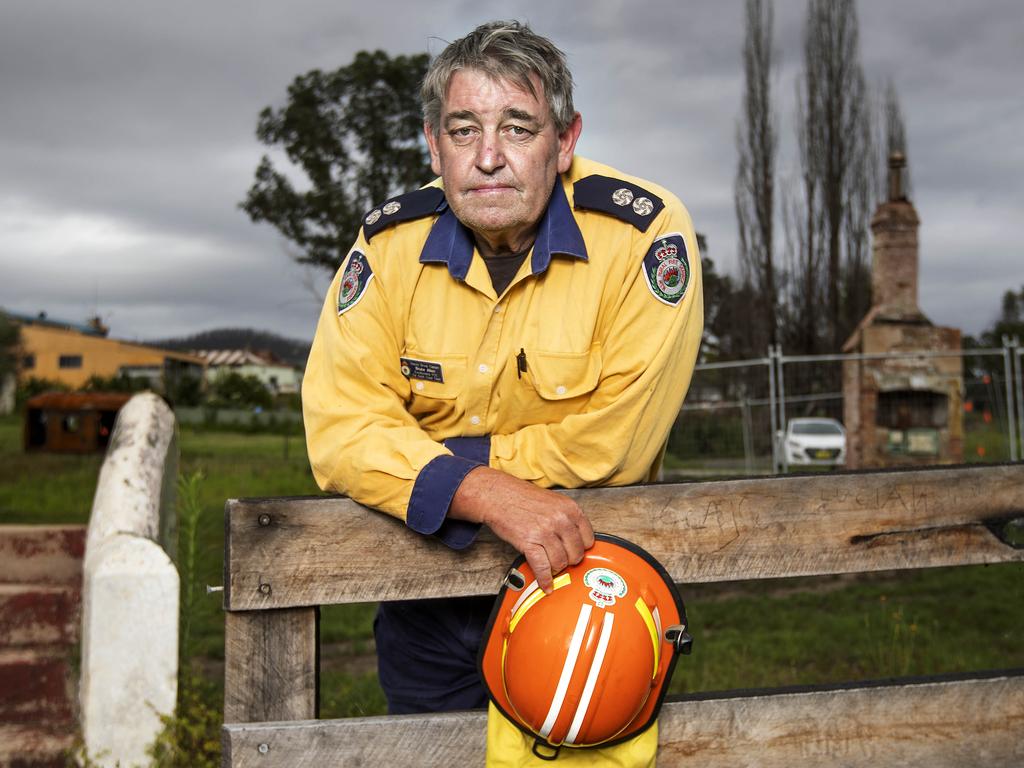

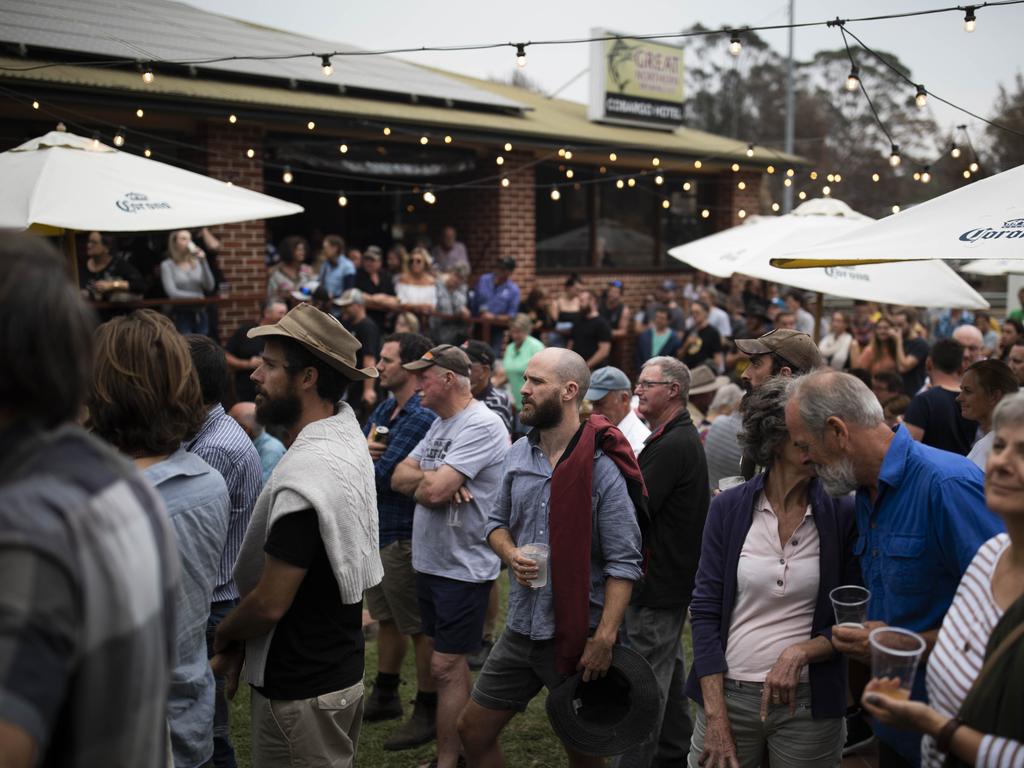
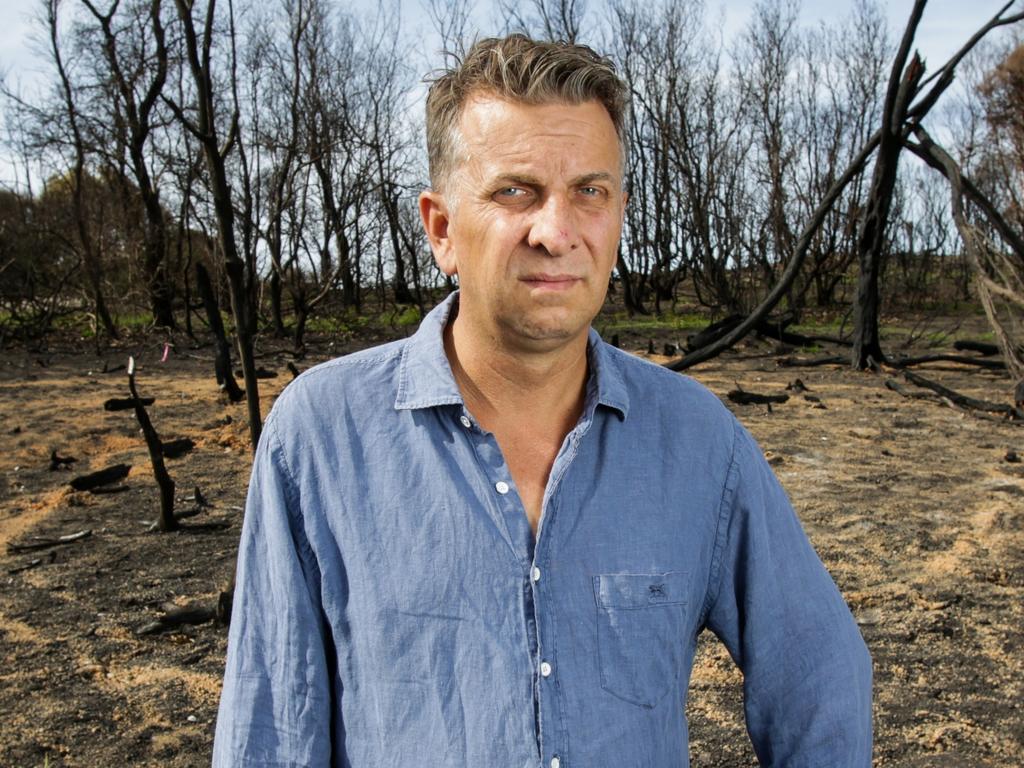

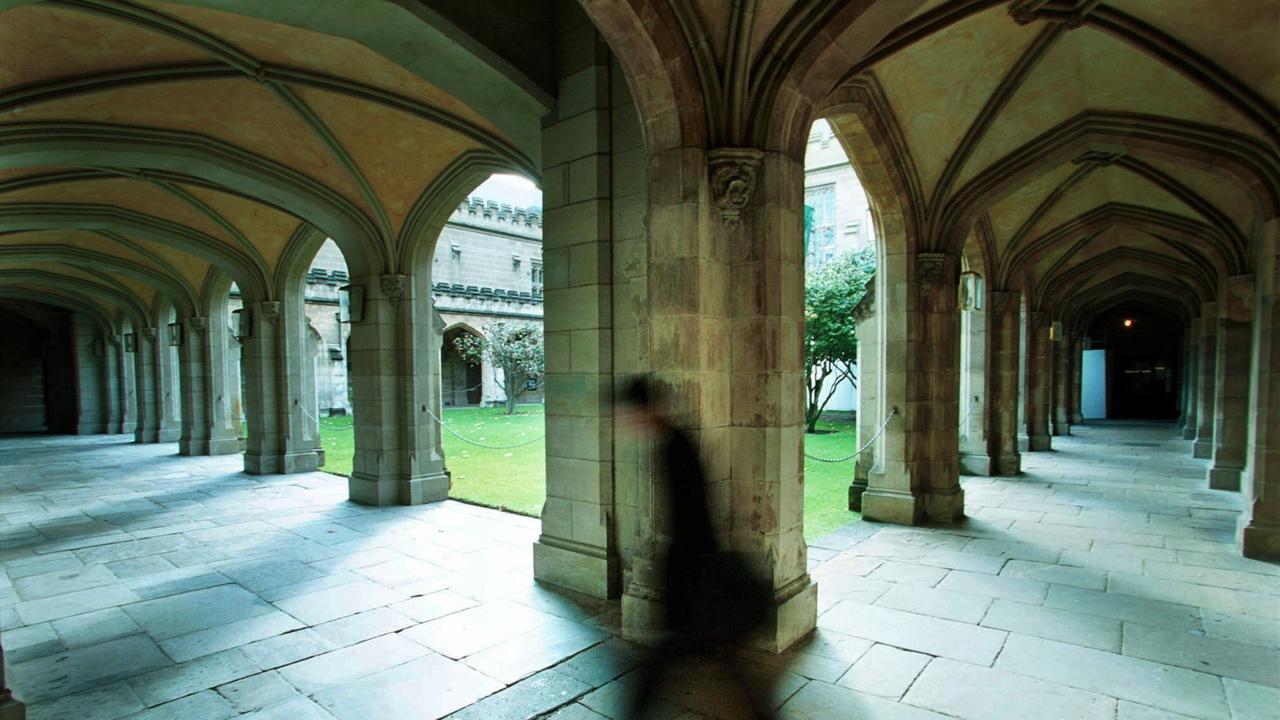
To join the conversation, please log in. Don't have an account? Register
Join the conversation, you are commenting as Logout